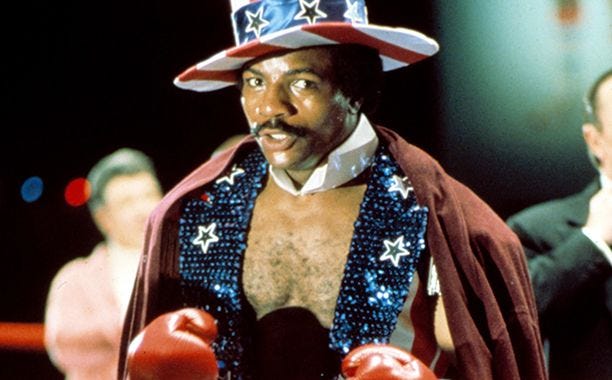
With rising populism on the left and right, I am preoccupied with how we—Americans—can maintain an open, liberal society without resorting to illiberal means.
The case for classical liberalism has never been an easy one to make: individual liberty is the companion opposite of personal responsibility—many happily forfeit the former in the hope of obviating the latter. From my discussions with students all across the ideological spectrum, it is obvious to me that many young people regard the promise of liberalism, free markets, and limited governments as a false hope; they are being lured into the jagged rocks of autocracy by the siren songs of strongmen preaching foolhardy utopianism.
What’s to be done about this? Who’s to blame?
I believe the honest answer is the hardest one to accept: us.
Classical liberals in the 21st century have put up an anemic defense against the onslaught of postmodernists on the left and so-called “post-liberals” on the right. In order to triumph against illiberal ideologies, we liberals must go beyond the intrinsic value of negative liberty. Everybody would rather be autonomous than chosen for, ceteris paribus, but human beings desire much more than liberty in and of itself. We desire liberty in order to obtain goods and the Good.
In order to defend liberty instrumentally, we must be able to define what the Good is. For Aristotle, the Good is eudaimonia—human flourishing—the psychological state that humans realize when they act out virtues of thought and character. Happiness, then, is achieved and perpetuated through excellent action.
We can, and should, debate what constitutes these virtues, which we should prioritize, and how we should act when they conflict with each other. No matter what the answers to these questions are, the importance of individual liberty remains—a man can only flourish if he is free to choose, think, and act in accordance with his will. At bottom, this is the promise of a liberal society: the freedom to act virtuously, which is necessarily accompanied by the freedom to act viciously.
The illiberal elements on the right and the left want to steal from individuals their freedom to choose; they mean to rob them of their individuality. And they intend to do so in exchange for bread, metaphorically speaking, and meaning made by somebody else. Men do not live on bread alone and blindly accepting meaning is meaningless. Illiberal political philosophies are inherently inimical to man living as man and are, therefore, untenable responses to rising inequality and anomie.
Still, writing about Nicomachean Ethics for intellectuals and academics to debate on Substack is not a solution to America’s crisis of meaning.
(That would be too convenient, wouldn’t it?)
So, the question remains: What do we do to persuade the public that liberty is instrumental to the telos of life—human flourishing—and that a liberal society is the only way to maintain it?
Plato was worried about the corrupting role that immoral, asymmetrical, ugly art has on the polis. The opposite side of this coin is that beautiful art has inestimable epistemic and moral value. Before the rational part is developed, human beings form all sorts of normative judgments. These are informed largely through their environment. The environment, in turn, imitates art—right on, Oscar Wilde!
Art that glamorizes anti-heroes, rough heroes, and villains produces anti-heroes, rough heroes, and villains. Art that romanticizes heroism, virtue, and goodness helps to produce heroes: virtuous and benevolent men, women, and children. We need less of the former and more of the latter. In short, and I mean this in all seriousness, we need to unironically embrace romantic art. Not just high art, but low art as well: Power Rangers as well as Jane Eyre, Naruto as well as Frankenstein, Spider-Man (the Raimey ones, of course) as well as The Scarlet Letter.
To paraphrase Uncle Ben, with great liberty comes great responsibility. It is in this very responsibility to cultivate our highest selves and collaborate with our families, friends, and neighbors that eudaimonia is achieved and anomie defeateed.



